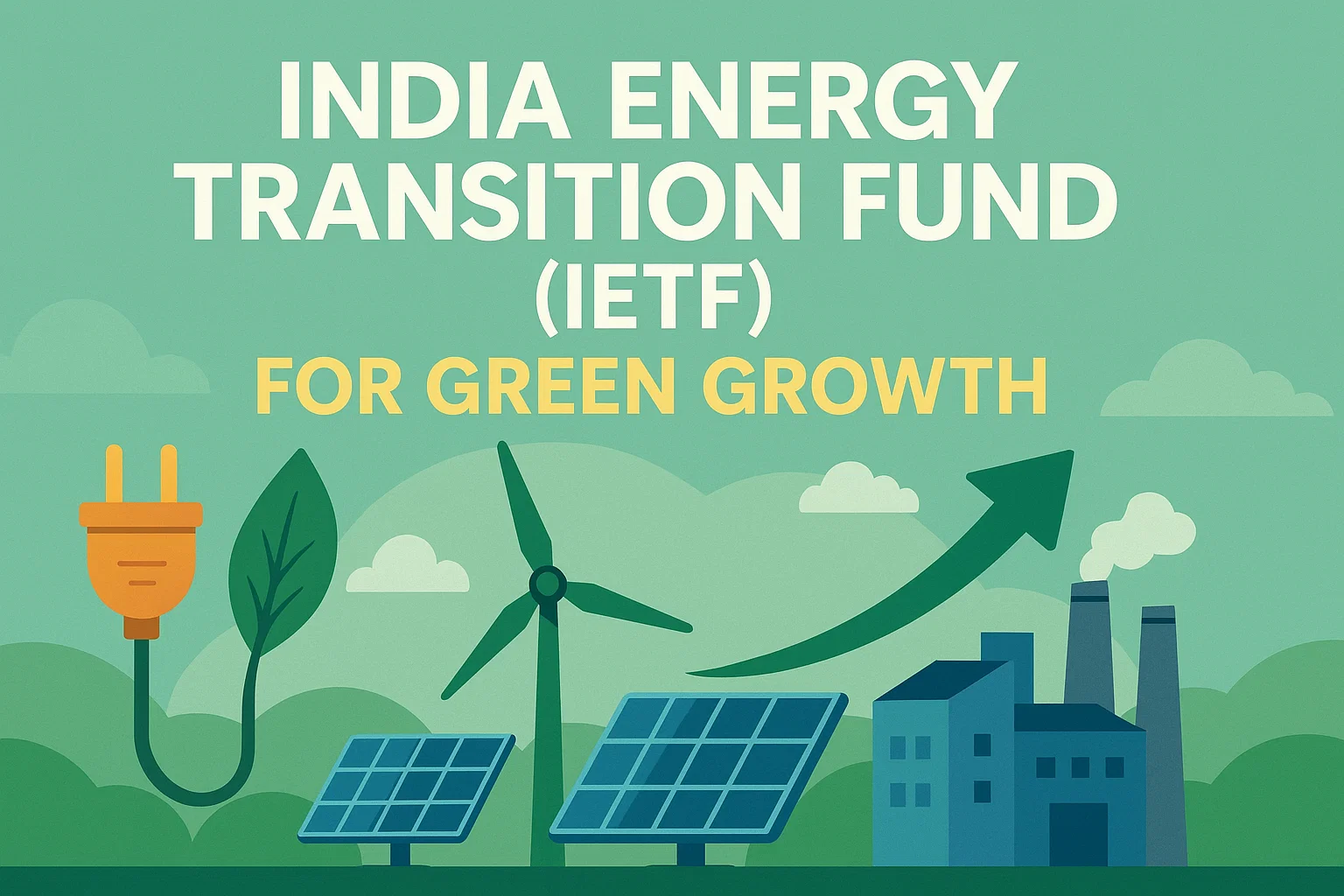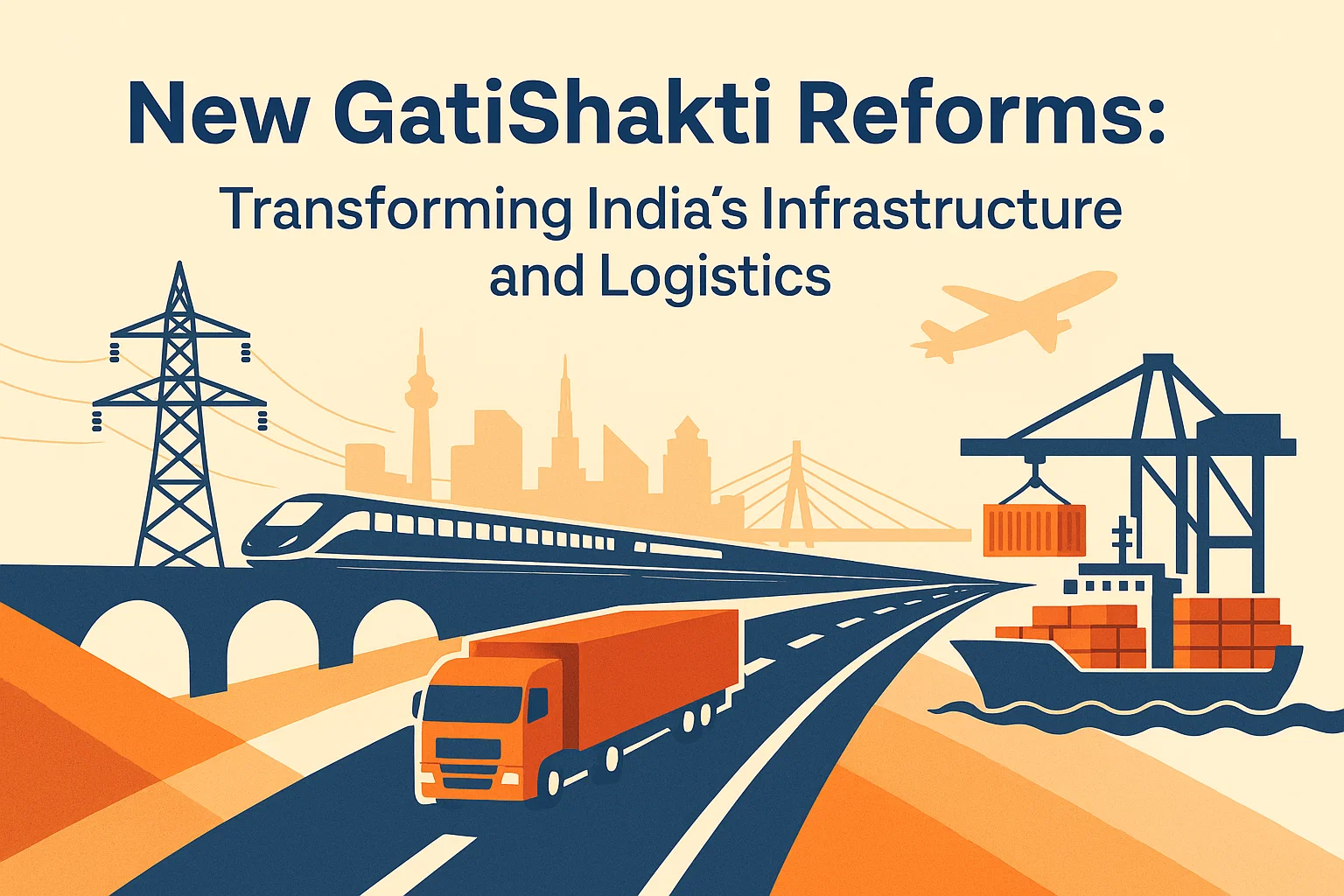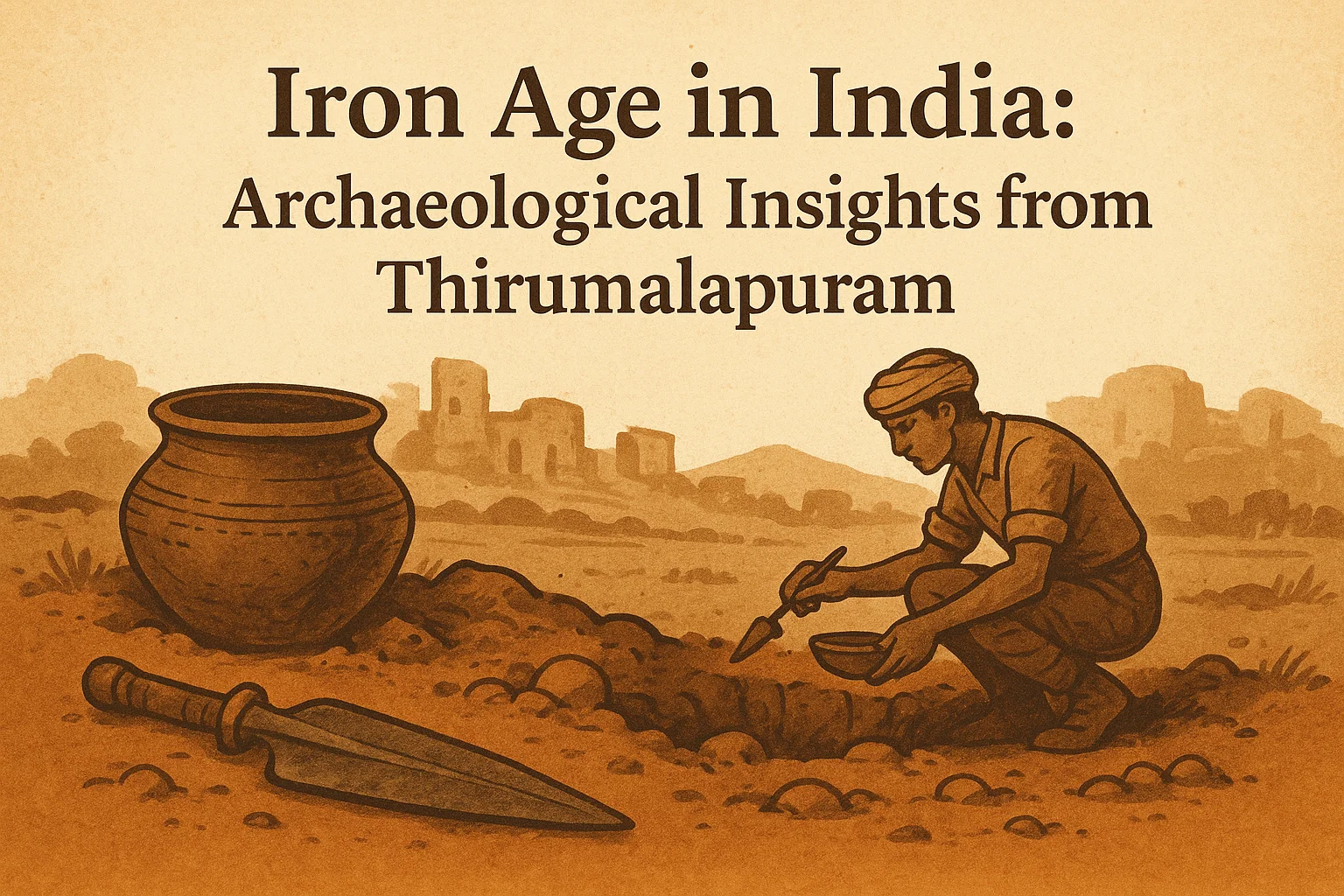Font size:
Print
India’s Digital Diplomacy
Time for a new India-Africa digital compact
Context: Africa Day, celebrated annually on May 25, commemorates the founding of the Organisation of African Unity in 1963 and symbolises the continent’s collective journey toward unity, independence, and inclusive development.
More on News
- In recent years, this vision has increasingly embraced digital transformation as a strategic priority.
- The African Union’s Digital Transformation Strategy lays the foundation for leveraging technology to drive socio-economic growth.
- Amid this digital shift, India’s development diplomacy in Africa is also undergoing a significant transformation—evolving from traditional infrastructure and training support into a technology-driven, people-centric partnership model.
India’s Evolving Development Model in Africa
- Long History: India has a long-standing history of development cooperation in Africa, characterised by concessional credit lines, capacity-building programs, and social-impact projects.
- Digital Shift: However, recent years have seen a pivot toward digital public infrastructure (DPI) and innovation-driven collaboration, aligning closely with Africa’s digital ambitions.
- India’s Experience: This new approach draws on India’s experience with scalable, low-cost digital platforms such as Aadhaar (digital identity), UPI (instant payments), DIKSHA (digital learning), and CoWIN (health management).
- These homegrown platforms form the backbone of India’s Digital Public Infrastructure model, offering open-source, interoperable, and inclusive solutions to governance and service delivery challenges.
Africa-India Digital Partnerships: Key Milestones
India’s digital collaboration with African nations is gaining traction through several landmark initiatives:
- Togo (2021): Signed an MoU with IIIT-Bangalore to implement the Modular Open-Source Identification Platform as a foundation for the country’s digital ID system.
- Zambia (2023): Partnered with the Centre for Digital Public Infrastructure (IIIT-B) under the Smart Zambia Initiative to digitise public services at scale.
- Namibia (2024): The Bank of Namibia collaborated with NPCI International to develop a UPI-style real-time payments platform.
- Ghana: Is integrating its payment infrastructure with India’s UPI network to facilitate faster and more secure cross-border transactions.
- These developments showcase the growing relevance of India’s DPI ecosystem in Africa, driven by its affordability, scalability, and focus on digital public goods over proprietary technologies.
Africa’s Digital Choices: Strategic, Not Ideological
- Digital partnerships in Africa are shaped less by ideology and more by pragmatism.
- According to scholar Folashadé Soulé, African governments choose digital allies based on their ability to deliver outcomes that align with national development priorities.
- While China remains a major player due to its state-subsidised financing and infrastructure investments, India’s unique value proposition lies in its open, adaptable, and citizen-first digital framework.
- India’s DPI model offers an ethical alternative to surveillance-heavy or closed systems promoted by some other global actors.
- With a focus on co-development, knowledge transfer, and long-term institution-building, India presents a compelling digital cooperation model that is both technically robust and socially responsive.
Strategic Digital Footprint: IIT-M Zanzibar
- A milestone in India-Africa educational cooperation is the launch of the first overseas campus of the Indian Institute of Technology Madras (IIT-M) in Zanzibar, Tanzania.
- Offering courses in Data Science and Artificial Intelligence, this campus integrates academic excellence with private sector collaboration, including scholarships for African students.
- It aligns India’s digital diplomacy with Africa’s demand for technical skill development—a crucial enabler for long-term digital transformation.
Bridging the Digital Divide
- Despite the momentum, Africa still faces significant barriers to digital inclusion:
- High internet and device costs limit access.
- Rural-urban connectivity disparities hinder universal adoption.
- A persistent gender gap in digital literacy and usage remains a concern.
- Energy access is a bottleneck, as digital infrastructure expansion depends on reliable and sustainable electricity.
- However, progress is underway. Over 85% of African countries now have digital ID systems, with 70% collecting biometric data. This forms a solid base to build interoperable, inclusive DPI platforms tailored to local contexts.
As Africa advances its continental digital agenda, India has the opportunity to become a trusted partner—not just through technology exports, but through joint innovation, capacity building, and policy collaboration. A formal India-Africa digital compact, built on mutual respect and shared development goals, can be a scalable and ethical model for digital governance in the Global South.


